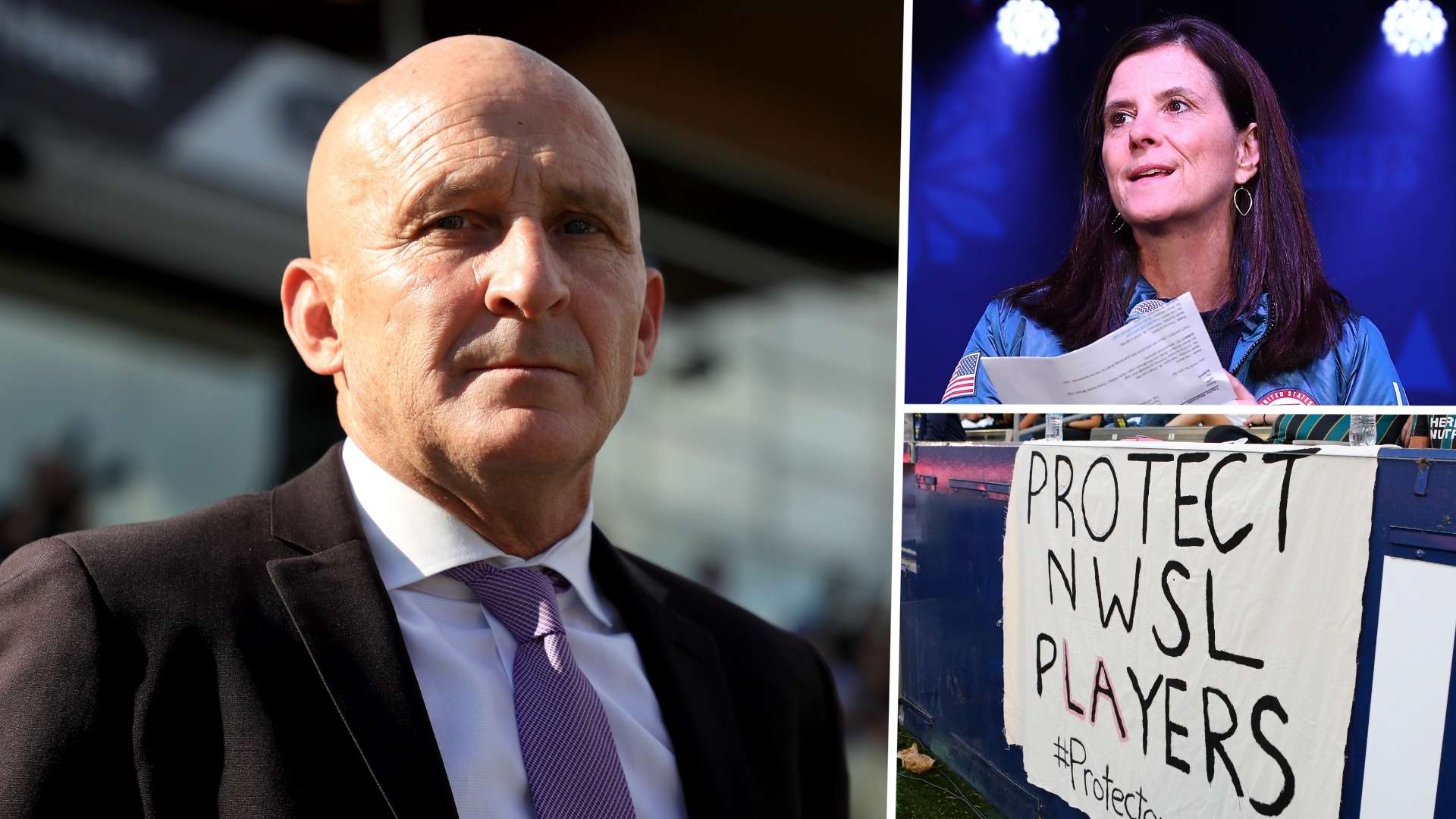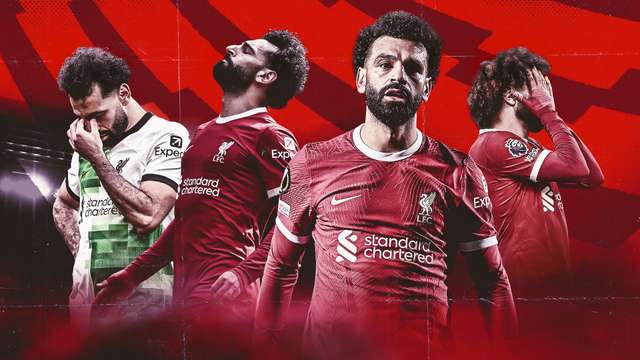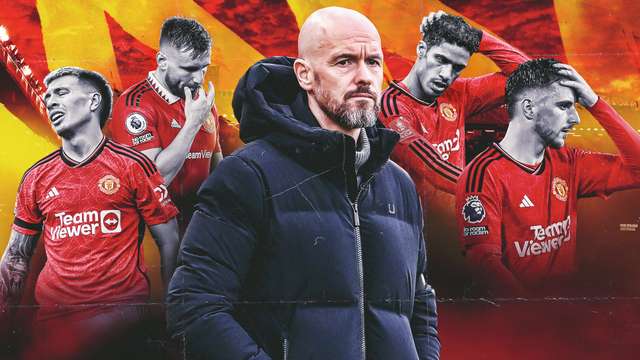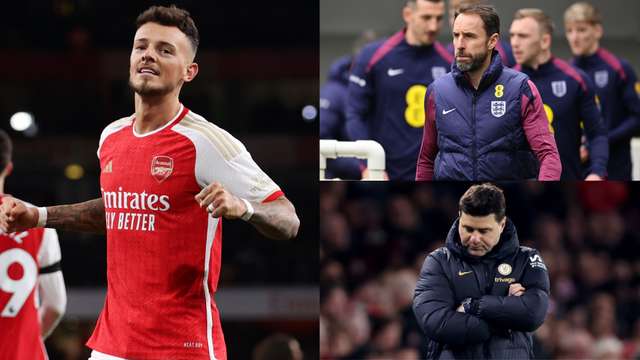The NWSL commissioner Lisa Baird resigned on Friday night but the league's problems go well beyond her.
Baird did not deserve to maintain her position. It had become abundantly clear following a detailed report from The Athletic of sexual coercion and emotional abuse from former NWSL head coach Paul Riley and Baird’s lack of an adequate response, that she had lost the confidence of the league’s owners and players.
Riley was sacked from his position as head coach of the North Carolina Courage last week.
The uneasiness surrounding Baird’s ouster instead came down to the optics of her falling on her sword while the owners and executives who forced her out continue, for now at least, to evade accountability.
Two ownership groups – the Portland Thorns and North Carolina Courage – must reckon with their handling of Riley; Portland for their obfuscation of the real reason behind his 2015 departure and the Courage for their hiring of Riley in 2017 despite his behavior having already been reported to the league and to Riley’s previous side, the Western New York Flash, who would later move to North Carolina and become the Courage.
Portland owner Merritt Paulson released an open letter on Monday in which he said: “I deeply regret our role in what is clearly a systemic failure across women’s professional soccer.”
It seems unlikely that letter and the announcement of a new investigation from the team will placate many Thorns fans, some of whom have demanded Paulson and GM Gavin Wilkinson step aside.
Two other teams, the Washington Spirit and OL Reign, must, like the Thorns before them, reckon with dismissing a coach this year for misconduct, only to omit that fact when announcing their departures.
OL Reign CEO Bill Predmore told the media on Friday that former head coach Farid Benstiti was asked to resign, rather than fired, after an incident that happened in training. Because of their desire to remove Benstiti immediately and the legal process that would’ve ensued had he been terminated, Predmore said the team opted to simply say the coach resigned.
“This was not a situation where we were trying to obscure the facts,” Predmore said.
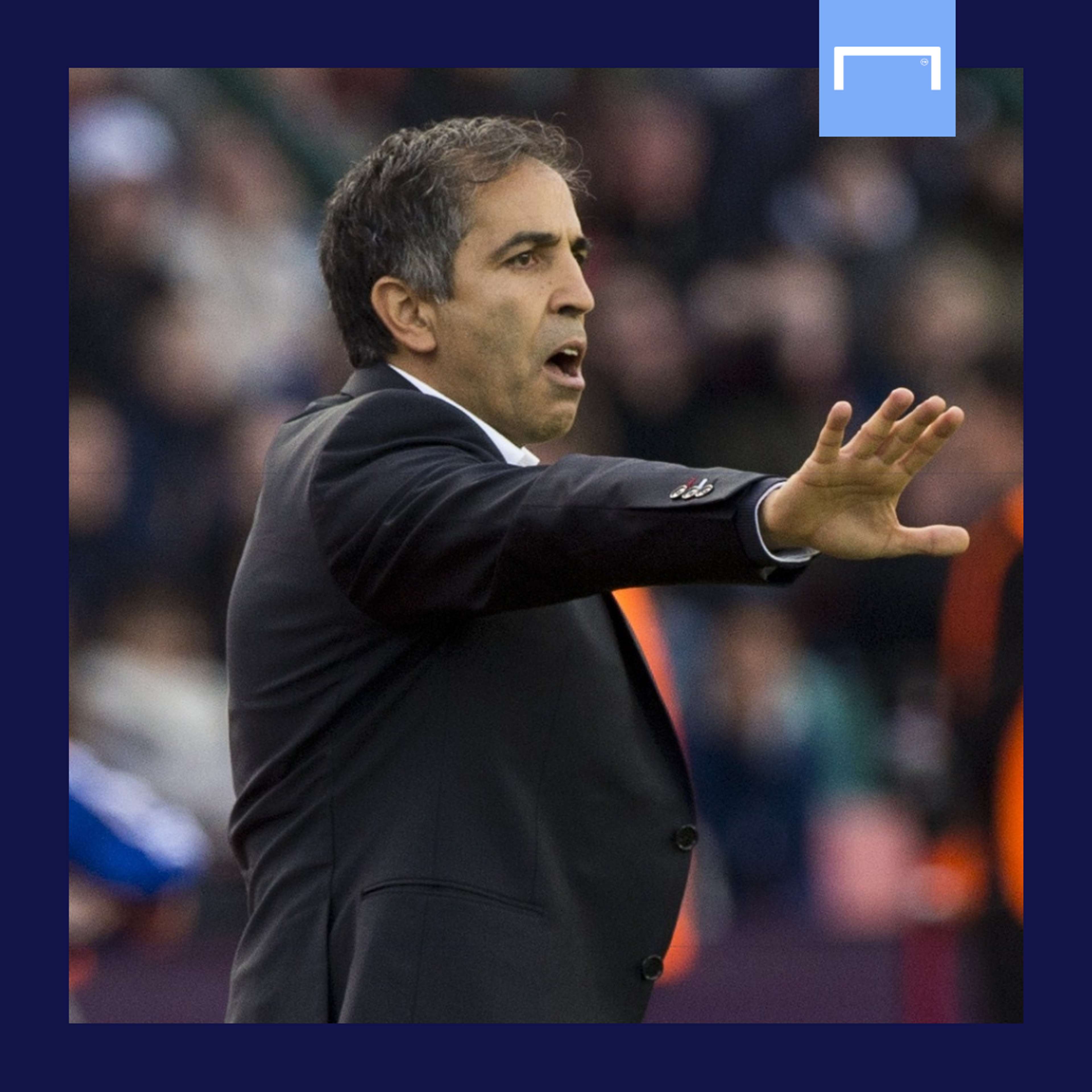
Racing Louisville, by contrast, did terminate head coach Christy Holly for cause this season, but they will have to account for why they hired a coach with serious baggage like Holly in the first place, much like the Spirit did with their now-terminated coach Richie Burke.
These are just some of the teams that had Baird’s fate in their hands. Until all their actions are properly adjudicated, it's hard to feel like the NWSL will be able to close this ugly chapter in its history.
There is also the matter of the one man who is perhaps more responsible than anyone for Riley’s continuing employment as a NWSL head coach after he left Portland in 2015.
Jeff Plush isn’t with the NWSL anymore, but the league’s former commissioner can’t be omitted when discussing the fallout from the Riley scandal.
Plush was fully informed of the Thorns investigation into Riley in 2015, Paulson told The Athletic. It was under Plush’s watch that Riley was hired only months later by the Flash, and again in 2017 when the Flash moved to North Carolina.
Plush refused to comment when The Athletic contacted him. Sometimes a no-comment is a wise PR strategy; in this case it is entirely unacceptable. One can only wonder how USA Curling, an organization Plush now leads, now feels about having him as their CEO.
The promise of accountability has come through several overlapping investigations that have been announced in recent days.
The NWSL, FIFA, U.S. Soccer, the Thorns and the U.S. Center for SafeSport are all conducting their own investigations. U.S. Soccer has brought the considerable heft of Sally Yates, the country’s former deputy attorney general, to lead their inquiry.
The investigations, promising as they may be, also bring the specter of inconclusive, muddled or contradictory results. What if the league’s investigation reaches a conclusion, but U.S. Soccer’s reaches a different one? What if they end up blaming one another?
Even if the investigations do universally find fault with any particular owners, it is not quite as easy to remove an owner as it is a coach, general manager, or indeed a commissioner.
Riley is gone. Baird is gone. Their departures must signal the beginning, not the end of accountability in a league that’s lost its way.
